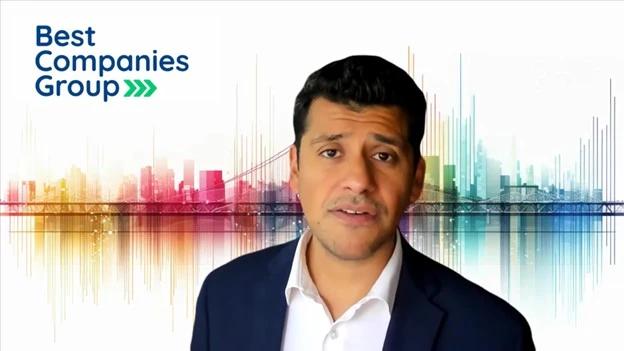 |
Many people, including superintendents, seem to believe a person should aspire to sustainability. It generates awards and accolades for “doing things the right way.” While this might occasionally happen, this is not the basis of sustainability. The fact is sustainability rests on a foundation of individual responsibility, personal attitude and actions. Many of you already exhibit an attitude based in sustainable thought. Managing your facilities with an eye toward minimizing the use of water, for example, is a part of sustainable golf facility management. Making certain your maintenance facility is clean, neat and organized in such a manner to prevent and contain material spills or leaks that might contaminate the environment is a part of sustainable golf facility management, too. A sustainable facility though, is also economically viable. If the course doesn’t stay in business, then how will it continue to offer the environmental and social benefits associated with its existence? A person who works from the basis of sustainability also recognizes there are economic costs associated with environmental and social topics. These topics are not only related to a specific golf facility, but also to the community where the facility is located. This means for a golf facility to commit to sustainability, course management must demonstrate they are not only focused on managing their facilities in economic, environmental and socially profitable ways, but also contributing to the economic, environmental and social benefit of the communities in which they operate. For private clubs, this is even more of a challenge than public-play facilities. The majority of people on the planet and in your community don’t play golf and they see little to no value in the game or golf facilities in general. For golf to remain viable, it will become increasingly important for superintendents to realize that they are not just in the turf management business. Golf is uniquely positioned as a game played in nature. This means superintendents should be in the business of managing the nature of the game and not just the turfgrass. If superintendents, club managers, golfers and others associated with facility management would take sustainability to heart, then facilities will become more appreciated as valuable community assets that create jobs and serve as green spaces beyond the scope of the game. A sustainable facility, according to ISC-Audubon, is an economically sound business that provides safe, healthy and enjoyable environments for all employees, members, visitors and guests. It is sited, designed and constructed in ways that enhance the local community, and reduce or eliminate its impact on natural resources. It is managed in ways that provide balance between optimum playing conditions for golfers and good stewardship of the natural environment. Management strategies, according to ISC-Audubon, are based upon scientifically sound, site-specific best practices that improve the quality of all life on the site, regionally and beyond. Through outreach and education a sustainable facility is a champion and advocate of sustainability. “OK, great,” you might be saying. “But what can I do, starting tomorrow to begin working toward these goals?” Here are 10 steps for a more sustainable facility:
Remember, environmental and social issues have economic consequences. Too often we fail to include the costs associated with environmental and social issues that are not directly, or clearly, associated with a golf facility. We can no longer afford to think and act like this. All of our actions have internal and external costs. This relates to the decisions you make with regard to the products you purchase and the way you use those products. |

Explore the March 2013 Issue
Check out more from this issue and find your next story to read.
Latest from Golf Course Industry
- Editor’s notebook: Green Start Academy 2024
- USGA focuses on inclusion, sustainability in 2024
- Greens with Envy 65: Carolina on our mind
- Five Iron Golf expands into Minnesota
- Global sports group 54 invests in Turfgrass
- Hawaii's Mauna Kea Golf Course announces reopening
- Georgia GCSA honors superintendent of the year
- Reel Turf Techs: Alex Tessman





